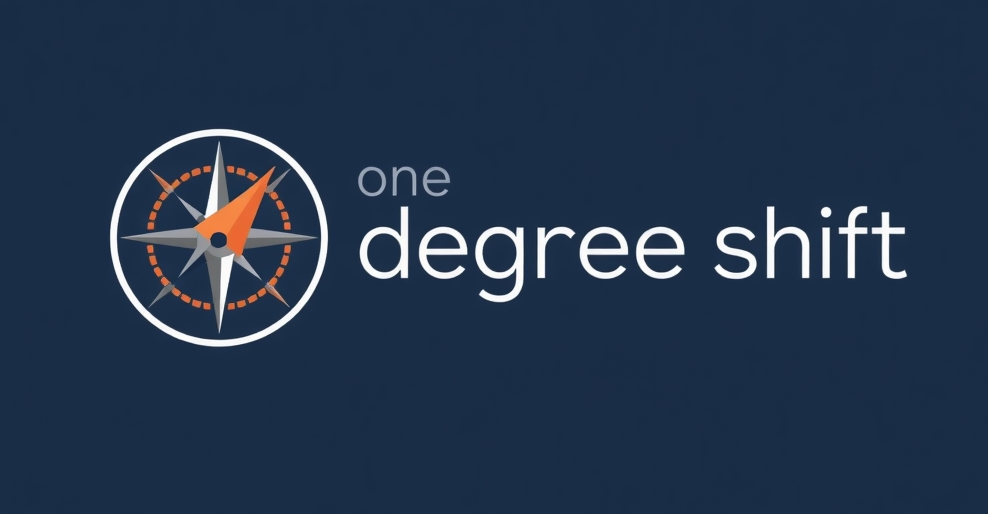We assume that everyone sees the world the same way…
The Simplest Explanation Almost Never Tells the Whole Story
Complex PTSD
The Power of Language
It all begins with an idea.
Fear, Anger, and the Mythology of Difference
It all begins with an idea.
Judgment and Projection
It all begins with an idea.
